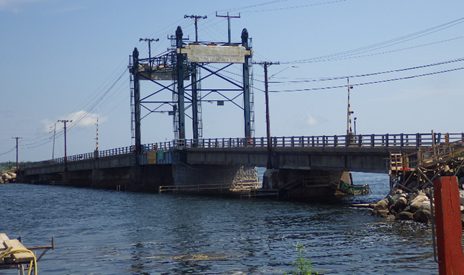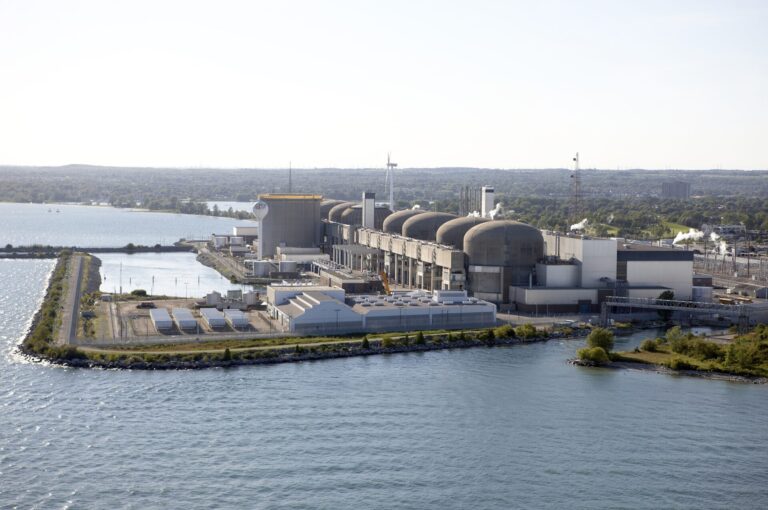The Canada Infrastructure Bank (CIB) has closed a $24-million loan to support the Atikamekw of Opitciwan, a remote First Nation community in Northern Quebec, in its energy transition aimed at significantly reducing diesel as its primary energy source.
Onimiskiw Opitciwan Limited Partnership will construct and operate the 4.8-megawatt Centrale de cogénération d’Opitciwan. The facility will generate electricity by burning bark, sawdust and woodchips produced by an adjacent sawmill. Additionally, steam from the new energy plant will power a new wood kiln at the sawmill.
“The CIB is pleased to support the Atikamekw of Opitciwan First Nation in the development of this cogeneration plant which will supply the community with a reliable, secure energy source, along with additional economic opportunities. Financing from the CIB’s Indigenous Community Infrastructure Initiative will eliminate diesel as the community’s primary energy source. Cleaner energy options are needed in many remote Indigenous communities and the CIB is proud of the work we are doing to support these projects across Canada,” said Ehren Cory, CEO, Canada Infrastructure Bank
The project will bring significant health and environmental benefits for the community of 2,500 members by reducing nitrogen oxide and sulphur dioxide emissions from the current diesel-based energy generation. The sustainable energy initiative will cut more than 11,000 tonnes of emissions and reduce the use of diesel by 4.6 million litres annually.
“The biomass cogeneration project represents a major step forward for our community. Not only will it enable us to reduce our dependence on diesel, it will also create jobs and improve our quality of life. We are grateful to the CIB for its support and commitment to the development of our energy infrastructure,” said Denis Clary, President, Onimiskiw Opitciwan Limited Partnership.
The project, along with the CIB’s investment, could serve as a model to support other Indigenous communities in Quebec and across Canada by reducing their reliance on diesel as their primary energy source, through the integration of renewable sources.
The new power plant will support 40 jobs during construction and 15 direct and indirect full-time jobs during operations. The facility is designed to accommodate community growth, including the capacity to support future housing development.
The Centrale de cogénération d’Opitciwan, along with a new substation and battery energy storage system built by Hydro-Quebec, will significantly improve the stability of community’s independent electrical network, which currently experiences frequent power outages.
“The biomass cogeneration plant is an innovative project for Opitciwan. By using local and renewable resources, we can not only produce clean energy, but also stimulate our local economy and ensure energy security for our members. This project is an example of what we can achieve when we work together for a greener, more prosperous future. Mikwetc to the CIB for their support,” said Chief Jean-Claude Mequish, Council of the Atikamekw First Nation.
“Remote Indigenous communities face unique barriers that require tailored solutions. The Atikamekw of Opitciwan project is a vital step forward, providing support not only to the Opitciwan community but also serving as a model to empower Indigenous communities across the country. I want to congratulate Chief Jean-Claude Mequish for this project and thank him for his leadership,” said Mandy Gull-Masty, Minister of Indigenous Services.
Featured image: A group of eight people wearing hard hats participate in the groundbreaking ceremony for the future forest biomass cogeneration plant in Opitciwan, holding shovels in front of a large sign. (CNW Group/Canada Infrastructure Bank)












